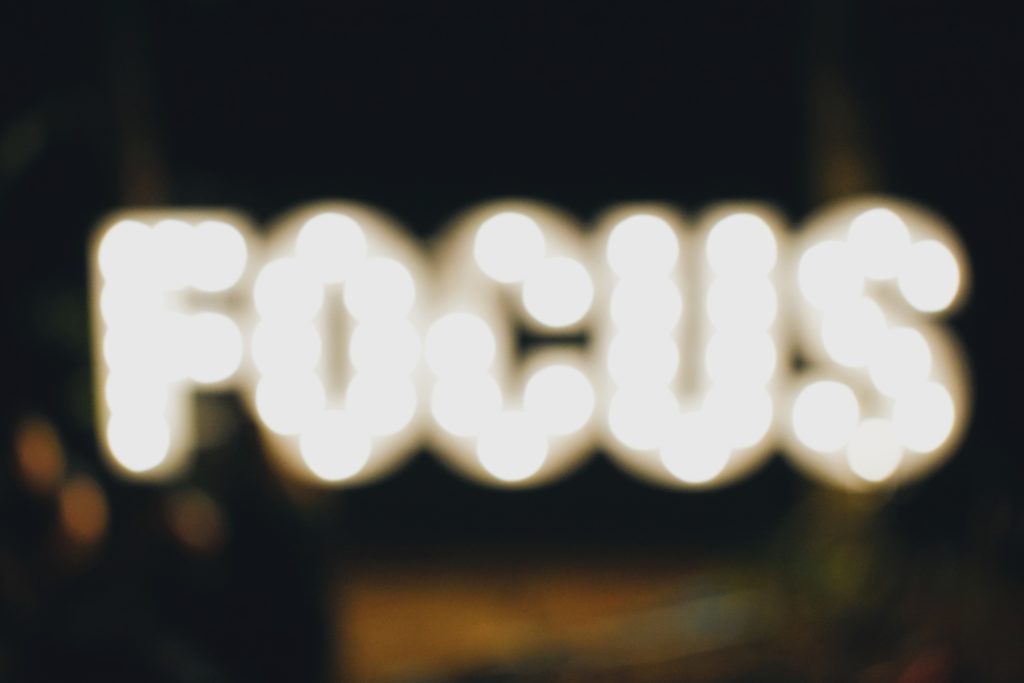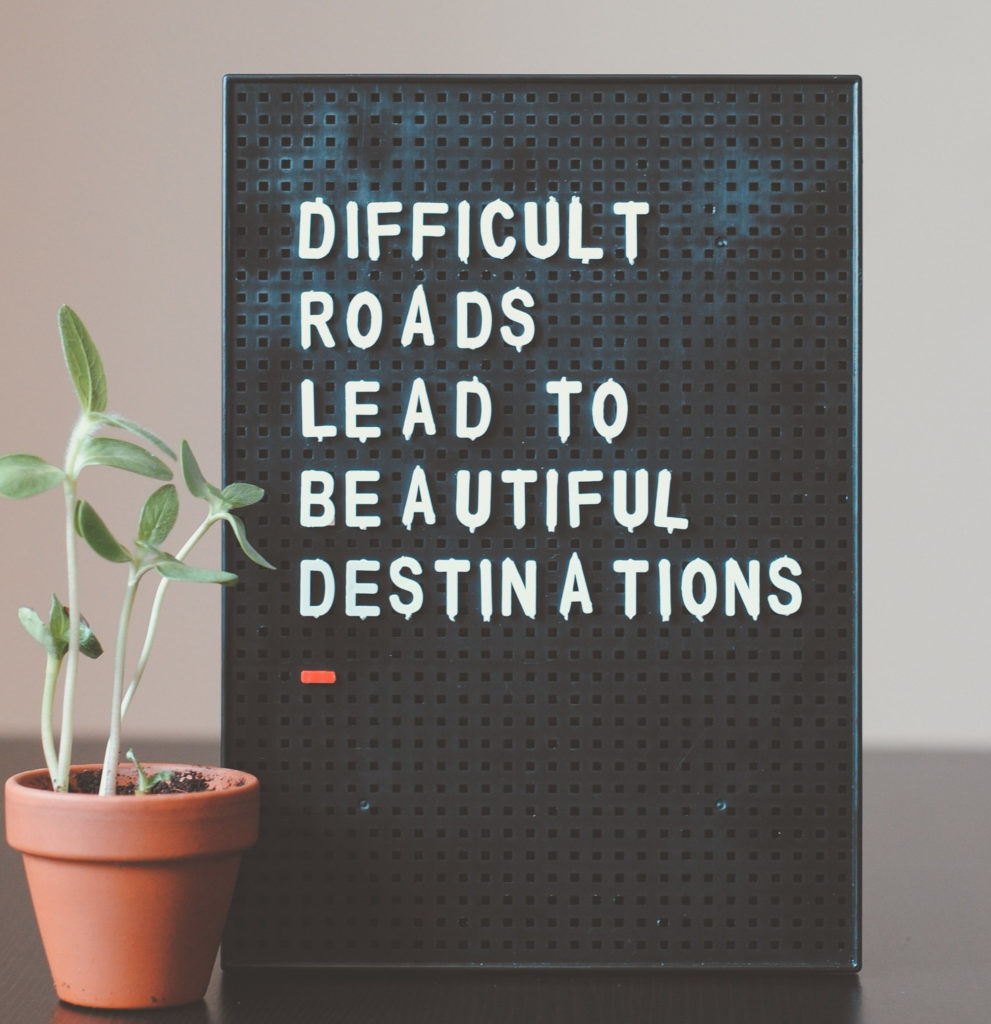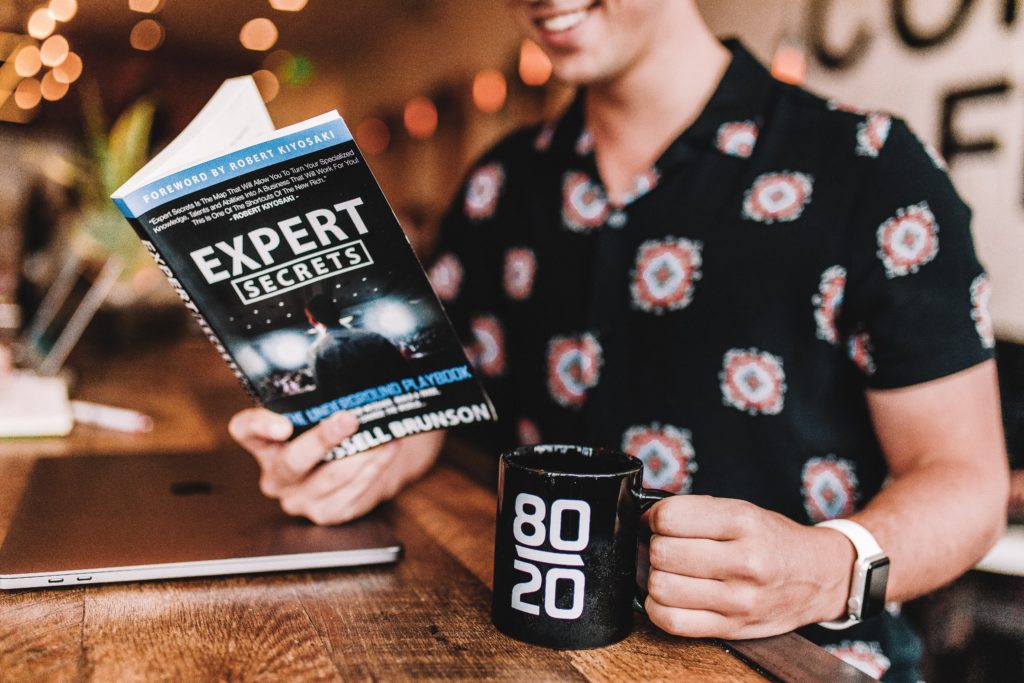Digital and Analog: How Using Both Can Make You More Productive
This week I want to take a quick break from leadership topics and write about organization. Living in the “Information Age” has almost everyone overwhelmed. This is especially true for the leader. Without focus, the leader is scattered. With focus, leaders can pour their energy into what matters, most notably connecting with other people.
There are many tools available to help leaders stay organized and on point. These range from apps that can manage tasks, calendars, and almost every aspect of life. Meanwhile, notebooks, planners, and journals can also help with these functions. For the sake of ease, I will refer to the former as “digital” and the latter as “analog” for the remainder of this post.
What I have discovered is that while much debate is centered on “digital” vs. “analog,” the best path forward for me has been “digital” AND “analog.” So, going forward I will share when and why I use both. My challenge is for you to consider what works and what does not work for you, so that you can stay focused on what matters most.
Digital
The best aspect of digital technology is its ability to sync to multiple devices. Therefore, I use digital when I want easy long-term reference. My favorite application for this is Evernote, but, I make no claims that it is the best app for this. In fact, I would recommend that you use something you are comfortable with rather than wasting hours researching which app is the best. The only two watch-outs are that the app syncs well with other devices and has a dynamic search function so that you don’t spend time looking for things (Evernote does both well).
Here are some examples of things I keep “digitally” for reference:
- Book notes
- In-person customer notes
- Calendar (Outlook)
- Workout logs / Golf notes (hobbies)
- Reminders (with exact times to be reminded)
- Blog drafts and schedule
- Speaking notes
- Contact information
- Favorite quotes
Notice that these are all things I want to reference again. In my opinion, digital is great for this.
Analog
The best aspect of analog technology is comprehension. Numerous studies have been conducted over the last ten years on the effectiveness of writing things down vs. typing them digitally. The majority of the studies conclude that there is an improvement of comprehension when things are written down. Therefore, I use analog when I want to learn or own some material.
Here are some examples of things I use “analog” for:
- Bible study
- Personal journal
- Full Focus Planner (i.e., weekly planner)
- Goals
- Tasks for the week (notice that reminders for said tasks are digital)
- Notes from one-on-one meetings with team members (typing seems impersonal)
- Weekly review
- Brainstorming for anything creative (blog, talk, etc.) – final product then transferred to digital
As you can see from the above, both “digital” and “analog” technology help me stay organized and focused in various ways.
The point in sharing this information is to encourage you to think through your use of technology and determine what works best for you. What I said at the beginning of the post bears repeating: you have to determine how you are going to stay organized and on point so that you can allot your time and energy towards what matters most …. for the leader, this should always be connecting with other people.
Digital and Analog: How Using Both Can Make You More Productive Read More »










